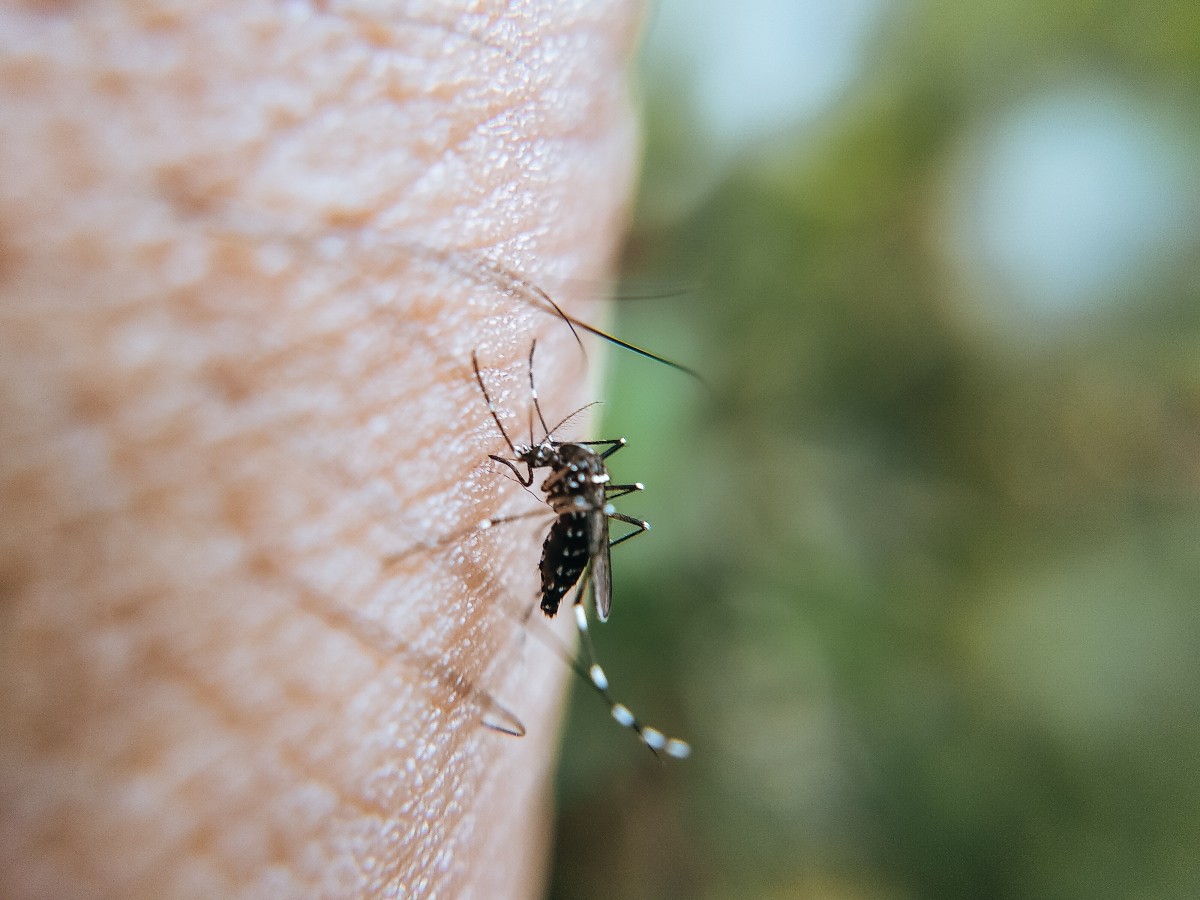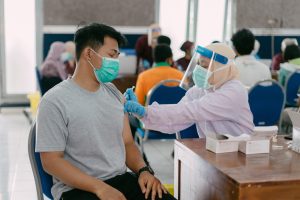In a new study published last month in the journal Science Advances, researchers have warned that mosquitoes that transmit diseases such as dengue have developed resistance to insecticides in some parts of Asia.
This resistance poses a significant threat to current control methods, such as fogging with insecticide, as they will become less effective and calls for the development of new strategies to combat the spread of diseases.
Led by Japanese scientist Shinji Kasai, the study examined mosquitoes from various countries in Asia and Ghana, and found that some mosquitoes had mutations that made them almost immune to popular insecticides like permethrin. In Cambodia, over 90% of the Aedes aegypti mosquito population had these mutations. This resistance was found to be much higher than previously reported and researchers found that insecticide levels that would normally kill almost 100% of mosquitoes in a sample killed only around 7% of the insects.
These findings are of significant concern as mosquitoes are carriers of various dangerous diseases, such as Dengue, zika and yellow fever. Dengue is a viral infection that can cause hemorrhagic fever and infect an estimated 100 to 400 million people a year. Current efforts to eradicate dengue, such as the use of dengue vaccines and the use of bacteria that sterilize mosquitoes, have not yet been successful.
The level of resistance varied, with mosquitoes from Ghana, as well as some regions in Indonesia and Taiwan, still showing relative susceptibility to current chemicals, especially at higher doses.
The study also found that resistance was detected in another type of mosquito, Aedes albopictus, but at lower levels, possibly because it tends to feed outdoors and may be exposed to insecticides less than its human-loving Aedes aegypti counterparts.
The research suggests that new methods of eradication, including the use of different types of insecticides and the removal of breeding sites, are needed to control these mosquitoes and prevent the spread of diseases like dengue. Additionally, the study highlights the importance of developing new control strategies, including the use of alternative chemicals, implementing mosquito-control measures that do not rely on insecticides, and the use of vaccines and other preventative measures.
“There is growing evidence that there may not be a place for current insecticide formulations in controlling populations of key mosquito pests,” said Cameron Webb, an associate professor and mosquito researcher at NSW Health Pathology and the University of Sydney. “The problem is that we don’t have so many different kinds that we can use.”
The researchers are now expanding the research to other parts of Asia and examining more recent samples from Cambodia and Vietnam to see if anything has changed from the 2016 to 2019 study period. “We are worried that the mosquitoes with the mutations that we found in this study will spread to the rest of the world in the near future,” said Kasai.
He urged, “Before that, we have to think of a solution.”














